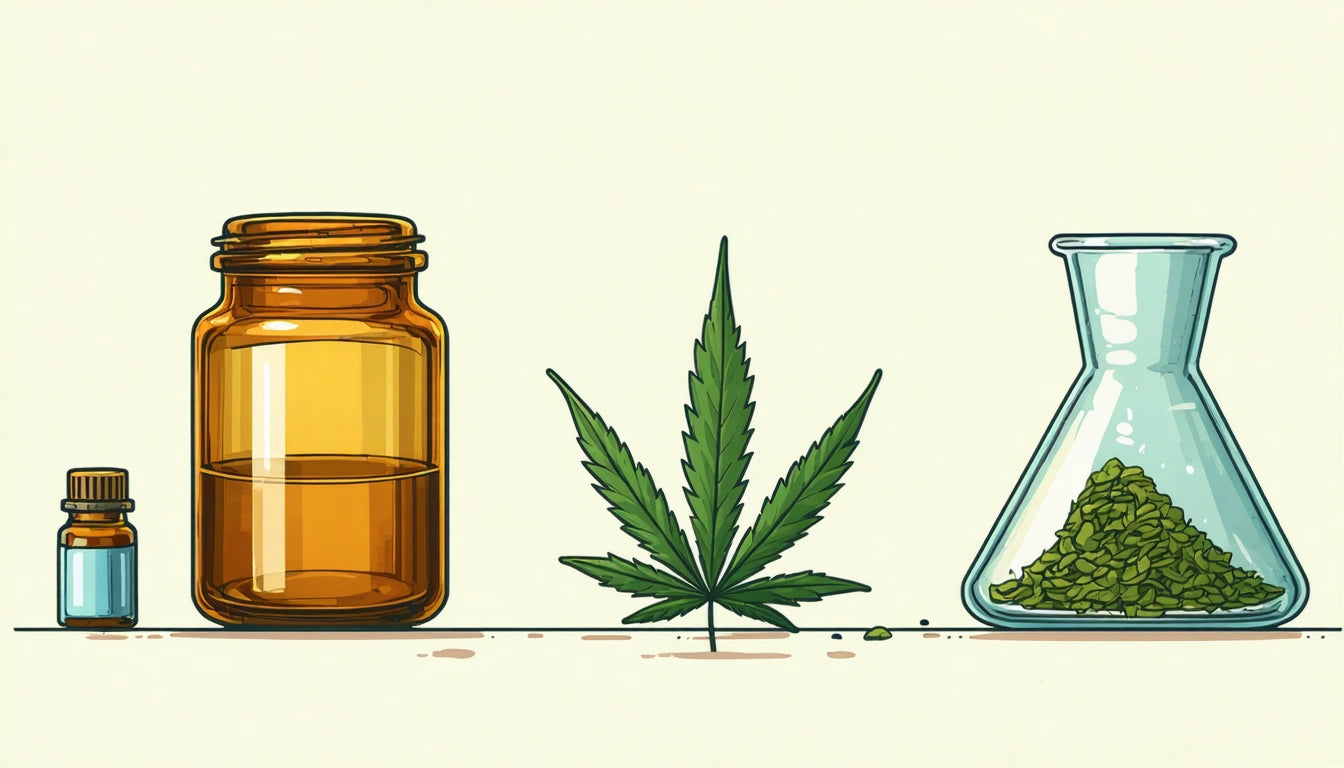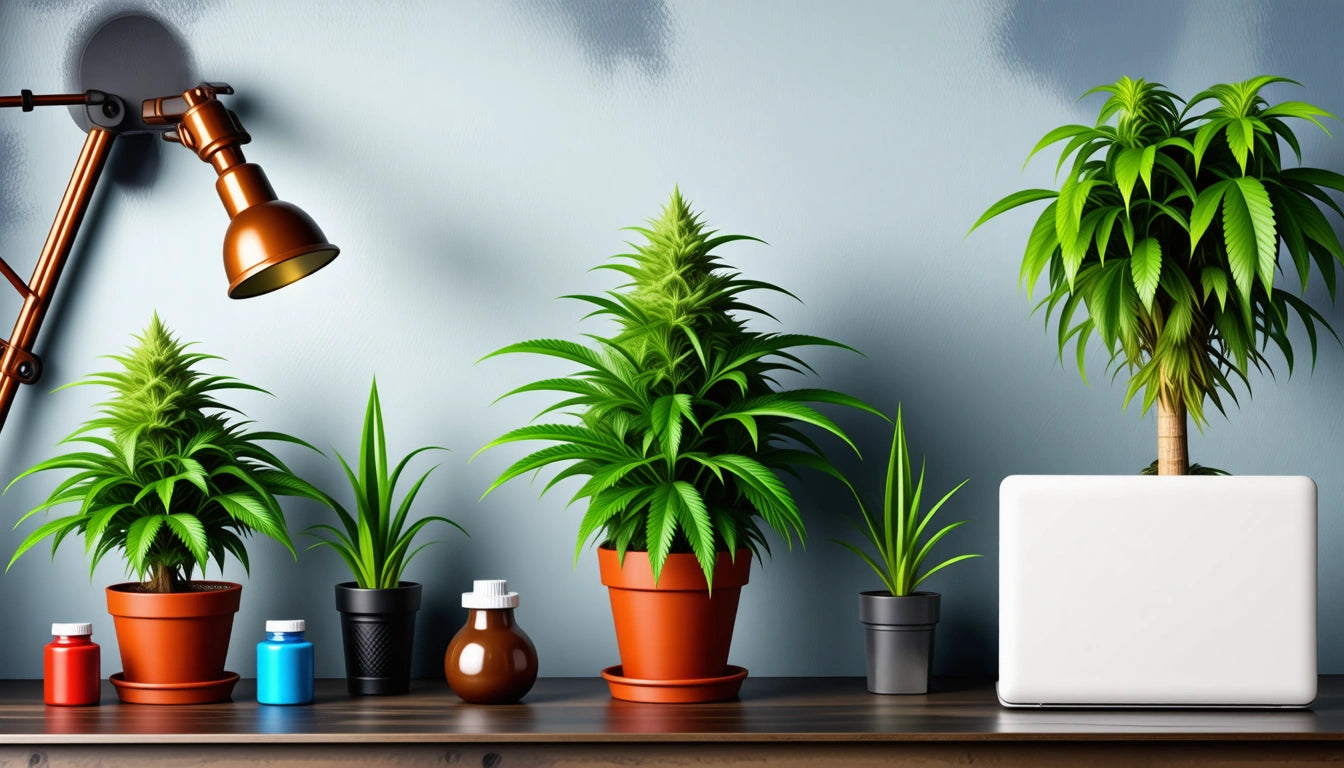Table of Contents
Can Cannabis Alleviate Symptoms of Restless Leg Syndrome?
Restless Leg Syndrome (RLS) affects approximately 10% of the population, causing uncomfortable sensations and an irresistible urge to move the legs, especially at night. This neurological disorder can significantly disrupt sleep and quality of life, leaving many sufferers searching for effective relief. As conventional medications often come with unwanted side effects, many patients wonder: does weed help restless leg syndrome?
Understanding Restless Leg Syndrome
Restless Leg Syndrome, also known as Willis-Ekbom Disease, is characterized by uncomfortable sensations in the legs and an overwhelming urge to move them. These symptoms typically worsen during periods of rest or inactivity, particularly in the evening and nighttime hours, often leading to:
- Sleep disruption and insomnia
- Daytime fatigue
- Difficulty concentrating
- Reduced quality of life
The exact cause of RLS remains unclear, though research suggests it may involve dysfunction in the brain's dopamine pathways, iron deficiency, genetic factors, or certain underlying medical conditions. Traditional treatments include dopaminergic medications, anticonvulsants, and benzodiazepines, but these can sometimes lead to side effects or diminished effectiveness over time.
Cannabis and Restless Leg Syndrome: The Connection
The endocannabinoid system (ECS) plays a crucial role in regulating numerous physiological processes, including sleep, pain perception, and muscle control. Cannabis contains compounds called cannabinoids that interact with this system, potentially affecting symptoms associated with RLS.
The two primary cannabinoids that may help with RLS symptoms are:
- THC (tetrahydrocannabinol): May help with sleep initiation, pain reduction, and muscle relaxation
- CBD (cannabidiol): Offers potential anti-inflammatory and anxiety-reducing properties without psychoactive effects
According to research on cannabis and muscle spasms, these cannabinoids may help reduce the frequency and intensity of involuntary muscle movements, which could benefit RLS patients. Additionally, cannabis might address multiple aspects of RLS simultaneously, targeting both the sensory discomfort and sleep disruption.
Best Cannabis Strains for Restless Leg Syndrome
When considering the best weed strain for restless leg syndrome, patients typically report better results with indica or indica-dominant hybrid varieties. These strains generally contain higher levels of myrcene and other sedating terpenes that complement the relaxing effects of cannabinoids.
Indica-Dominant Strains
Indica strains often provide full-body relaxation and sedation that may help calm restless legs, particularly before bedtime:
- Northern Lights
- Granddaddy Purple
- Purple Kush
Balanced Hybrids
For daytime symptom management without excessive sedation, balanced hybrids may offer relief:
- Harlequin (high CBD content)
- ACDC (CBD-dominant)
- Blue Dream
When selecting cannabis products for medical purposes, proper storage becomes essential to maintain potency and effectiveness. Many patients find that airtight containers with secure lids help preserve the therapeutic compounds in their medicine, ensuring consistent relief when needed for conditions like RLS.
Consumption Methods for RLS Symptom Relief
The method of cannabis consumption can significantly impact its effectiveness for RLS symptoms:
Inhalation (Smoking/Vaping)
Provides the fastest onset of effects (within minutes), making it suitable for acute symptom relief. However, respiratory concerns may make this method less desirable for some patients.
Edibles and Tinctures
Offer longer-lasting relief (4-8 hours) that may be particularly beneficial for nighttime RLS symptoms. The delayed onset (30-90 minutes) requires planning ahead.
Topicals
Cannabis-infused creams or balms applied directly to the legs may provide localized relief without psychoactive effects, though research on their efficacy specifically for RLS is limited.
As studies on cannabis and sleep indicate, consumption timing and dosage are crucial factors. For RLS symptom management, patients typically report better results when using cannabis 1-2 hours before bedtime.
Research Limitations and Medical Considerations
Despite promising anecdotal reports suggesting that pot helps restless leg syndrome, clinical research specifically examining cannabis for RLS remains limited. Most evidence comes from broader studies on:
- Cannabis for sleep disorders
- Cannabinoids for pain management
- Effects on neuromuscular conditions
Patients considering cannabis for RLS should be aware of potential considerations:
- Possible side effects including dizziness, dry mouth, and cognitive effects
- Potential for tolerance development with regular use
- Variability in individual responses
- Legal status varying by location
Some studies suggest cannabis may affect dopamine pathways, which are implicated in RLS. As noted in research on cannabis and Parkinson's disease, another dopamine-related condition, cannabinoids may help modulate neurotransmitter function, though more research is needed to fully understand these mechanisms.
Patient Experiences and Treatment Integration
Many RLS patients report significant symptom improvement with cannabis use. Common patterns in anecdotal reports include:
- Reduced intensity of RLS sensations
- Decreased frequency of episodes
- Improved sleep quality and duration
- Lower reliance on conventional medications
For those considering whether weed helps restless legs, integrating cannabis with other therapeutic approaches may provide the most comprehensive relief. Complementary strategies include:
- Regular exercise and stretching
- Iron supplementation (if deficient)
- Sleep hygiene practices
- Massage and heat therapy
As research on cannabis for neuropathy suggests, combining cannabinoid therapy with lifestyle modifications may enhance overall symptom management for neurological conditions like RLS.
While cannabis shows promise for alleviating RLS symptoms, patients should approach it as part of a comprehensive treatment plan developed in consultation with healthcare providers knowledgeable about both RLS and medical cannabis. As research continues to evolve, our understanding of how cannabis may benefit this challenging condition will likely become clearer.











Leave a comment
All comments are moderated before being published.
This site is protected by hCaptcha and the hCaptcha Privacy Policy and Terms of Service apply.